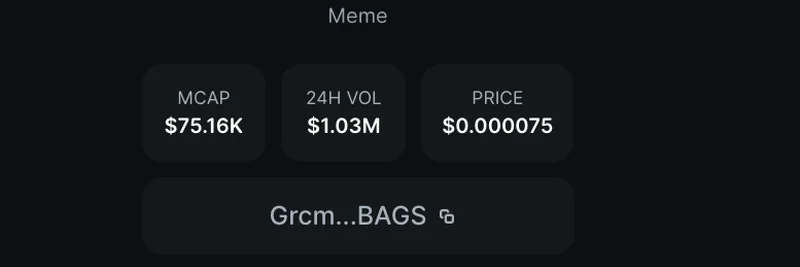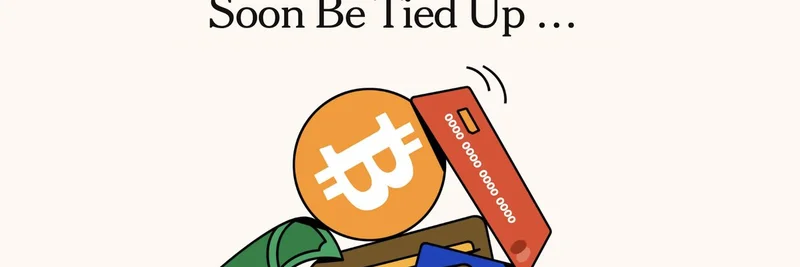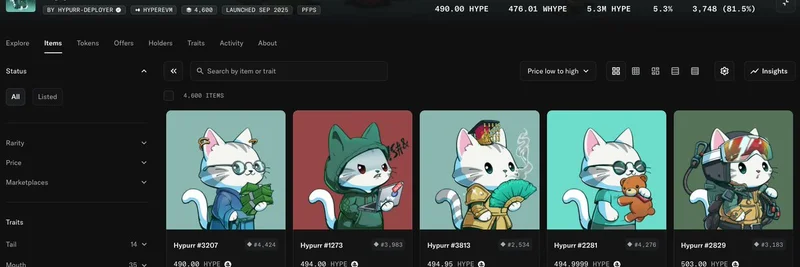In the fast-paced world of memecoins, where fortunes can be made or lost in a blink, staying vigilant against scams is crucial. A recent tweet from crypto enthusiast Nico (@nicodotfun) has highlighted a sneaky issue on BagsApp, a popular platform for launching and trading memecoins. Let's dive into what happened and how you can protect yourself.
Nico shared a warning about contract addresses (CAs) on BagsApp that appear legitimate at first glance but are actually spoofed. In his example, a memecoin called $MEMECOIN is shown as created by 9GAG, the famous meme-sharing platform behind Memeland. However, the Twitter link isn't clickable, which is a red flag indicating it's been faked somehow.
What is BagsApp?
BagsApp is a mobile-friendly platform designed for discovering, buying, selling, and launching memecoins, especially on blockchains like Solana. It allows users to track trending tokens, chat with friends, and even launch coins by tagging influencers on X (formerly Twitter). The app emphasizes community-driven launches, where creators can earn fees, but as this incident shows, it also opens doors for potential exploits.
The Spoofing Trick Explained
Spoofing in this context means scammers are manipulating the platform to display fake creator information. Here, the token page lists 9GAG as the creator, complete with their logo, but the inability to click through to the real Twitter profile suggests it's not authentic. Real 9GAG is associated with Memeland and their actual token $MEME, not this impostor $MEMECOIN.
This fake token had stats like a $75.16K market cap, $1.03M 24-hour volume, and a tiny price of $0.0000075. It even showed $9,401.43 raised, with 100% going to the "creator." But clicking the Twitter button likely does nothing, or leads nowhere, because it's spoofed.
Nico tagged @finnbags (likely a dev or founder) to fix this ASAP, emphasizing the risk to users who might buy into these fakes thinking they're backed by legit entities.
Why This Matters for Memecoin Traders
Memecoins thrive on hype and community trust. When scammers spoof creators like 9GAG, which has millions of followers and a strong meme culture presence, it can lure unsuspecting traders into rug pulls or honeypots. A rug pull is when developers abandon a project after hype, draining liquidity and leaving holders with worthless tokens. Honeypots are smart contracts that let you buy but not sell.
With BagsApp's feature allowing launches on behalf of others (via tagging), it's innovative but risky if verification isn't ironclad.
How to Spot and Avoid Spoofed Creators
To stay safe on platforms like BagsApp:
- Check Clickability: If social links aren't interactive or lead to wrong profiles, bail out.
- Verify Creators: Cross-check the official accounts. For 9GAG, visit their real X profile @9GAG or website.
- Research the Token: Use tools like DexScreener or Solana Explorer to inspect the contract address for suspicious activity, like high creator fees or locked liquidity.
- Community Feedback: Look for discussions on X or Reddit. Search for the token name plus "scam" to see red flags.
- Use Trusted Wallets: Apps like Phantom or Solflare often have built-in scam detectors.
The Bigger Picture in Memecoin Security
This isn't isolated to BagsApp—spoofing and impersonation plague the crypto space. Regulators are catching up, but for now, it's on us to DYOR (Do Your Own Research). Platforms should implement better verification, like requiring OAuth logins for creators or AI-driven spoof detection.
If you're into memecoins, remember: high rewards come with high risks. Follow reliable sources, join communities like Meme Insider for updates, and never invest more than you can afford to lose.
What do you think about this BagsApp issue? Have you encountered similar spoofs? Share in the comments below!




